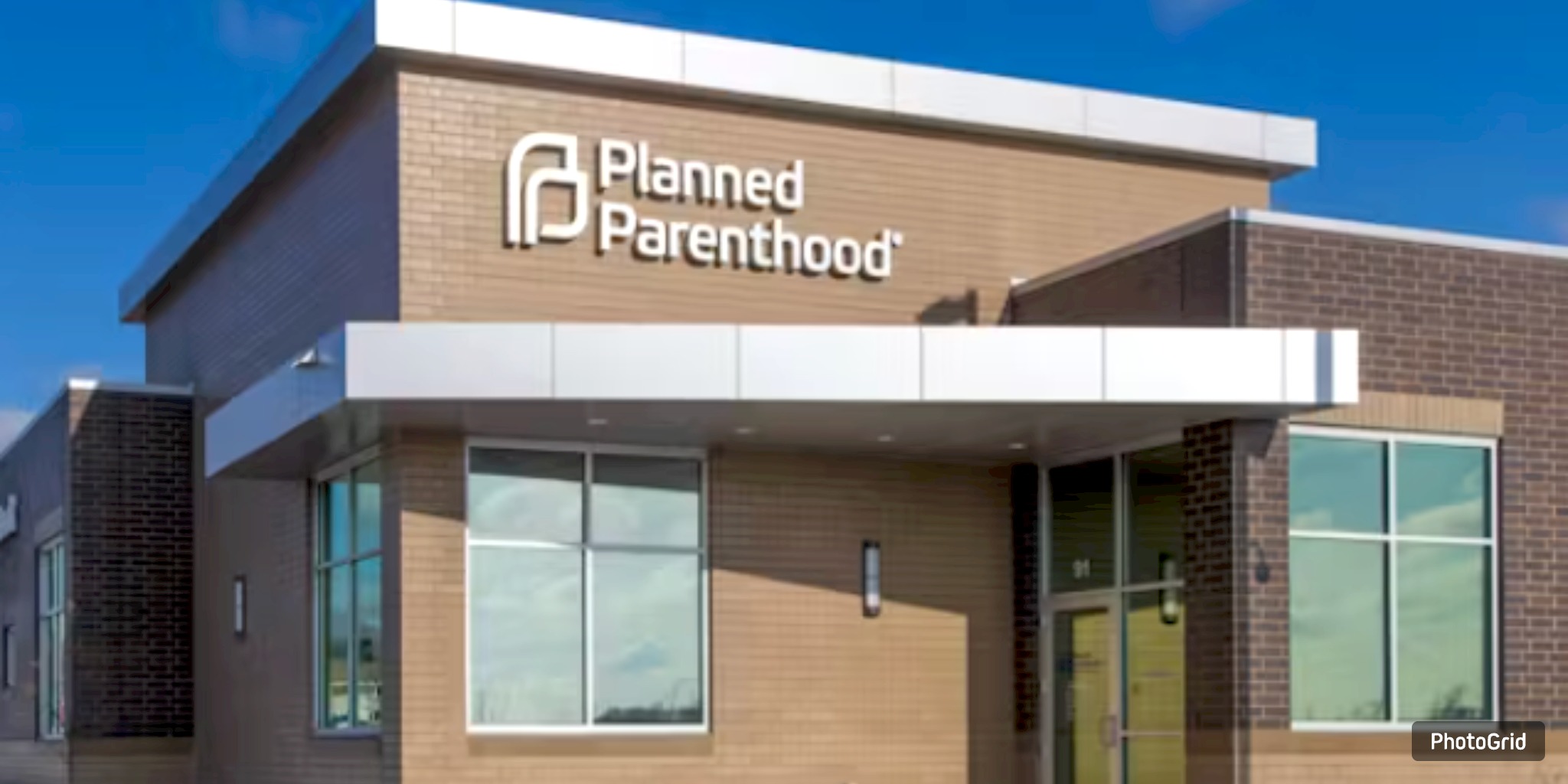


On Friday, legal representatives for Planned Parenthood presented their case in federal court, contending that a recently implemented federal regulation that halts Medicaid reimbursements to abortion providers could significantly impact low-income patients who already face restricted health care choices. The measure, included in President Donald Trump’s extensive tax reform, became effective on July 4 but is now halted due to a temporary court ruling.
The Planned Parenthood Federation of America, along with its affiliates in Massachusetts and Utah, has initiated legal action against Health and Human Services Secretary Robert F. Kennedy Jr., asserting that the rule in question unjustly targets their organization. The statute may not explicitly mention Planned Parenthood, but its affiliates contend that the wording was designed to affect their 600 clinics spread across 48 states. These clinics provide a wide array of reproductive health services and received more than $800,000 in Medicaid reimbursements in 2023.
“The affiliation provision makes this fundamentally flawed,” stated Planned Parenthood attorney Alan Schoenfeld during Friday’s hearing before U.S. District Judge Indira Talwani in Boston.
The central legal issue revolves around the federal government's interpretation of the term “affiliation.” Talwani urged government attorneys to specify the modifications required for Planned Parenthood clinics to maintain their Medicaid eligibility. “Would halting abortion services suffice?” she inquired, questioning if clinics would also need to sever all corporate connections.
Emily Hall, an attorney representing the U.S. Department of Health and Human Services, stated that additional information regarding Planned Parenthood’s structure is required. “The specifics of the corporate relationship will determine the outcome, and I currently lack that information,” she stated.
The temporary restraining order that is currently stopping the provision will expire on July 21. On that date, Talwani is anticipated to decide on the potential extension of the block through a preliminary injunction.
This week, concerns about potential funding reductions grew stronger as Planned Parenthood of Southwest Ohio revealed the shutdown of two clinics located in Hamilton and Springfield, attributing the decision to the effects of state and federal budget cuts. “We implemented all available measures to ensure the continued operation of these centers,” stated CEO Nan Whaley, who previously ran as a Democratic candidate for governor. “However, these political assaults have compelled us to navigate this challenging situation.”
The clinics in Ohio, similar to numerous others nationwide, offer essential services including STD testing, birth control, and wellness examinations. Almost 50% of those seeking services from Planned Parenthood depend on Medicaid, a necessary program for countless low-income and disabled individuals across the nation.
A decision expected later this month may determine the fate of numerous clinics, affecting their funding eligibility and potentially leading to significant cuts, closures, and disruptions in care for vulnerable communities.
















From breaking news to thought-provoking opinion pieces, our newsletter keeps you informed and engaged with what matters most. Subscribe today and join our community of readers staying ahead of the curve.